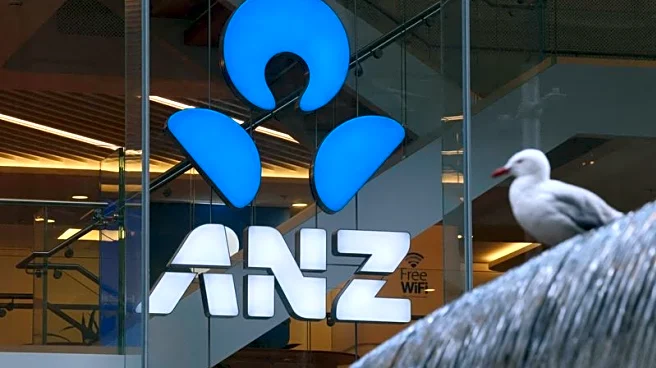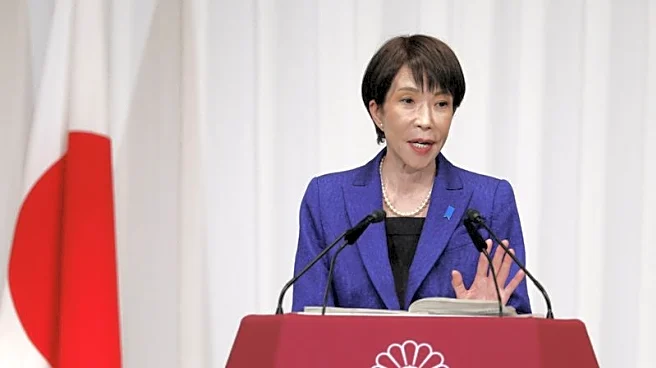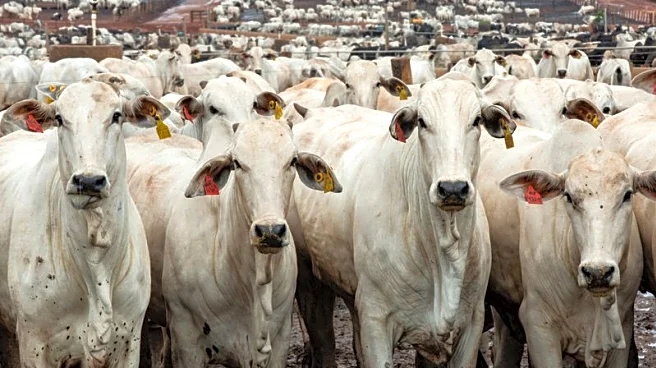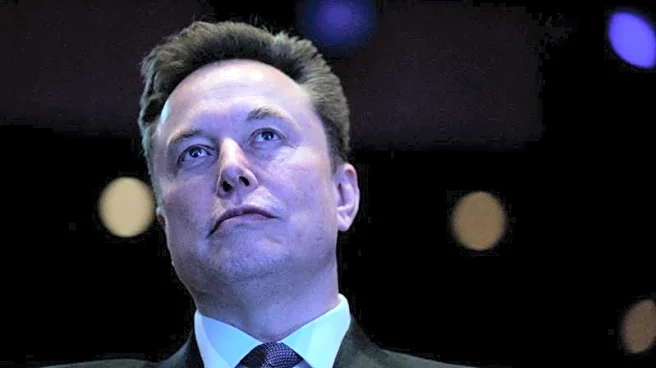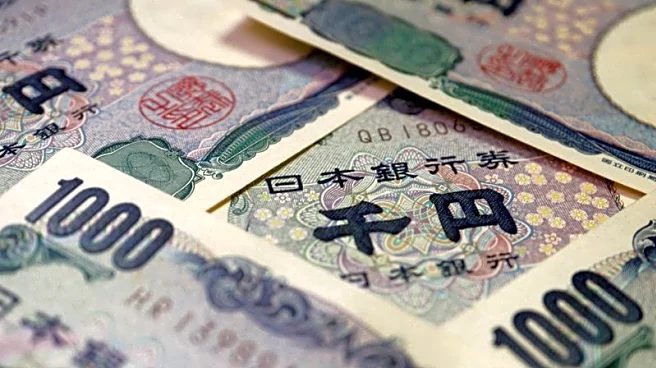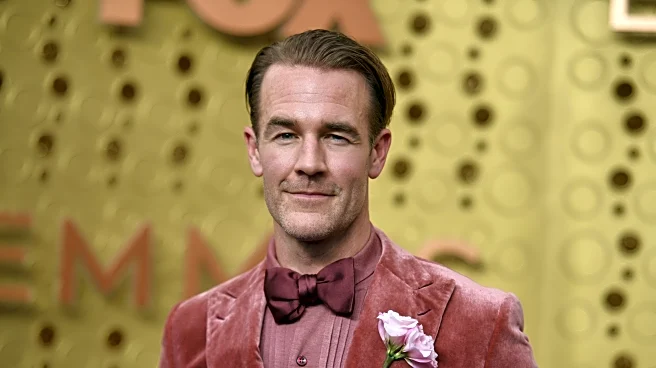DHAKA, Bangladesh (AP) — Bangladesh’s interim leader, Nobel Peace Prize laureate Muhammad Yunus, said Tuesday that the country’s parliamentary election would be held in February.
In a televised address
to the nation, Yunus said he would request the Election Commission to organize the election in February 2025. He spoke as the nation marked the first anniversary of the ouster of former Prime Minister Sheikh Hasina.
Hasina has been in exile since Aug. 5 last year as she fled the country amid a student-led mass uprising, ending her 15-year rule.
The Election Commission will set a specific date for the election.
Yunus had earlier said that the election would be held in April, but major political parties, mainly the Bangladesh Nationalist Party, headed by former Prime Minister Khaleda Zia, and its allies demanded that the election be held in February.
The Yunus-led administration has banned Hasina’s Awami League party, and the Election Commission has canceled its registration with it. It means Hasina’s party cannot contest unless the ban is lifted.
THIS IS A BREAKING NEWS UPDATE. AP’s earlier story follows below.
DHAKA, Bangladesh (AP) — Bangladesh ’s interim leader Muhammad Yunus on Tuesday marked the anniversary of last year's student-led uprising by saying its spirit would build the future of the South Asian nation's democracy.
Yunus, a Nobel Peace Prize laureate for his past work developing microcredit markets, spoke as the nation commemorated the ouster of former Prime Minister Sheikh Hasina, who fled to neighboring India. But the event was held amid growing frustration over the interim administration's failure to restore order and bring political bickering under control.
Yunus, flanked by senior leaders of major political parties, announced a road map aimed at national unity, democratic reforms and inclusive governance. A student group that led the anti-Hasina movement had formed a new political party, National Citizen Party, and campaigned for the declaration.
Senior leaders of the Bangladesh Nationalist Party, led by former Prime Minister Khaleda Zia, and the Jamaat-e-Islami party were present Tuesday. Zia is Hasina’s archrival, and her party is the main contender for power in the next election, expected early next year.
The Yunus-led administration has banned the former ruling party, which had governed Bangladesh for 15 years since 2009. Hasina remains in exile. She faces trial for crimes against humanity over the hundreds of deaths during the student-led uprising.
On Tuesday, leaders of the major political parties failed to agree on an exact schedule for the election. Yunus had said it would be held in April, but Zia's party wants it in February. The Jamaat-e-Islami and the National Citizen Party say they have no objection to giving Yunus more time.
The presence of the Jamaat-e-Islami party, the country’s largest Islamist party, was especially visible Tuesday on the streets of the capital, Dhaka. The supporters of its student wing carried the flags of Bangladesh and Palestine.
Bangladesh is at a crossroads, with bickering political parties struggling to find a way forward with inclusive politics. The rise of the Jamaat-e-Islami and other Islamist forces has drawn attention since Hasina's ouster.
Yunus has promised an internationally acceptable election, but his critics say the election could be questionable without the Awami League party as it still has a significant support base.
